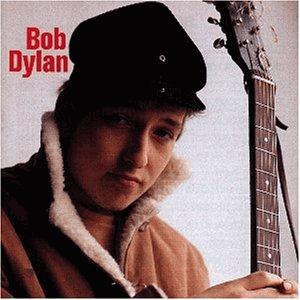
| Artist: | Bob Dylan |
| Title: | Bob Dylan |
| Released: | 1962.03.19 |
| Label: | Columbia Records |
| Time: | 36:11 |
| Producer(s): | John Hammond, Sr. |
| Appears with: | |
| Category: | Pop/Rock |
| Rating: | *****..... (5/10) |
| Media type: | CD |
| Purchase date: | 2001.09.10 |
| Price in €: | 9,99 |
| Web address: | www.bobdylan.com |